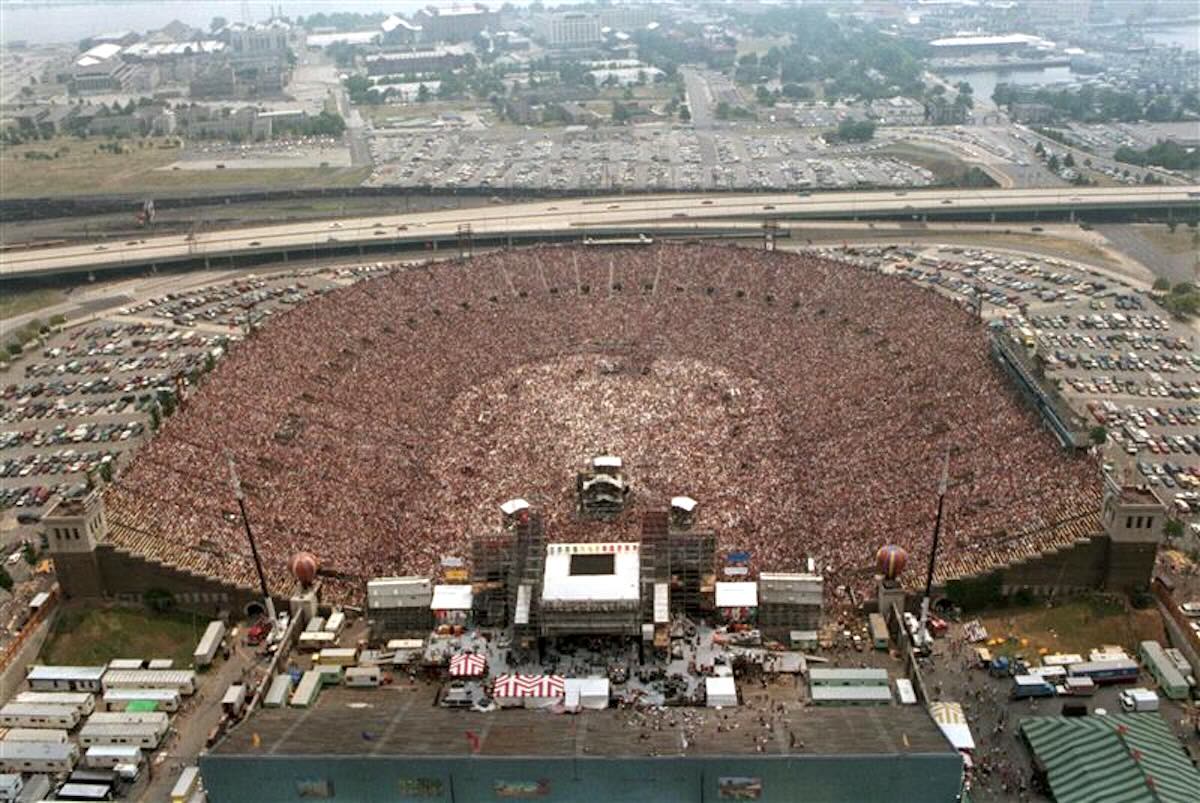
Photo- Andre Csillag/ Shutterstock.com
The Legacy of Queen: Their 1980s with Freddie Mercury
Queen redefined rock in the 1980s with Freddie Mercury's charisma, breakthrough albums, and unforgettable concerts that impacted music history.
1 October 2025
The 1980s were both a creative high and a dramatic transformation for Queen, as the band moved away from the grandiose rock anthems of the 1970s and towards a more experimental and varied sound. With Freddie Mercury at the lead, Queen pushed musical limits, adopted new styles, and delivered some of the decade's most legendary performances. This period solidified their standing as rock royalty while also revealing the artistic boldness that marked Mercury's legacy.
Reinventing the Sound
The decade began with the publication of The Game (1980), an album that demonstrated Queen's determination to evolve. With singles like "Another One Bites the Dust" and "Crazy Little Thing Called Love," it incorporated funk, disco, and rockabilly influences into their catalogue. These moves underlined Queen's unwillingness to rest on her previous accomplishments. Their sound evolved into something more varied, reflecting the band's bold and courageous personality.
Hot Space, released in 1982, divided critics and fans due to its extensive use of funk and dance elements, but it was another example of Mercury's reluctance to conform to expectations. Queen paved the way for other artists to experiment with hybrid styles by combining genres not normally associated with rock.
Live Aid: A Definitive Moment
If one moment sums up Queen's 1980s legacy, it is their epic performance at Live Aid in July 1985. With Freddie Mercury dominating the 72,000-strong crowd at Wembley Stadium—and a global audience of over two billion—Queen delivered what many critics regard as the greatest live performance in rock history. From the pounding "Radio Ga Ga" to the emotional intensity of "We Are the Champions," Mercury's stage presence and vocal virtuosity embodied Queen at their zenith.
This performance did more than merely boost Queen's fame; it propelled them to mythical status. For admirers, Live Aid represented Mercury's capacity to connect with the globe in a truly human way.
Artistic Triumphs and Challenges
In the latter part of the decade, Queen continued to innovate. Albums like A Kind of Magic (1986) became inextricably linked with film, as most of the music was written for the cult classic Highlander. That same year, their "Magic Tour" became their most successful yet, with over a million tickets sold, demonstrating Queen's unparalleled power as live performers.
However, the decade was also bittersweet. Freddie Mercury was diagnosed with HIV in 1987, which he maintained a secret until shortly before his death. Despite his worsening health, Mercury continued to record, his voice and talent unwavering. His endurance in the late 1980s and into the 1990s formed part of his lasting legacy.
Legacy of the 1980s Era
For Queen, the 1980s were more than just another decade; they were a confirmation of their relevance, innovation, and strength. From innovative albums to the iconic Live Aid performance, Queen demonstrated that they could not only adapt but thrive in changing musical climates.
Freddie Mercury's charm, theatricality, and unparalleled vocal prowess characterised the decade, leaving a legacy that continues to inspire artists of all genres. For many, the 1980s saw Queen at their most adventurous and human—a band that celebrated both triumph and vulnerability, forever changing rock history.






